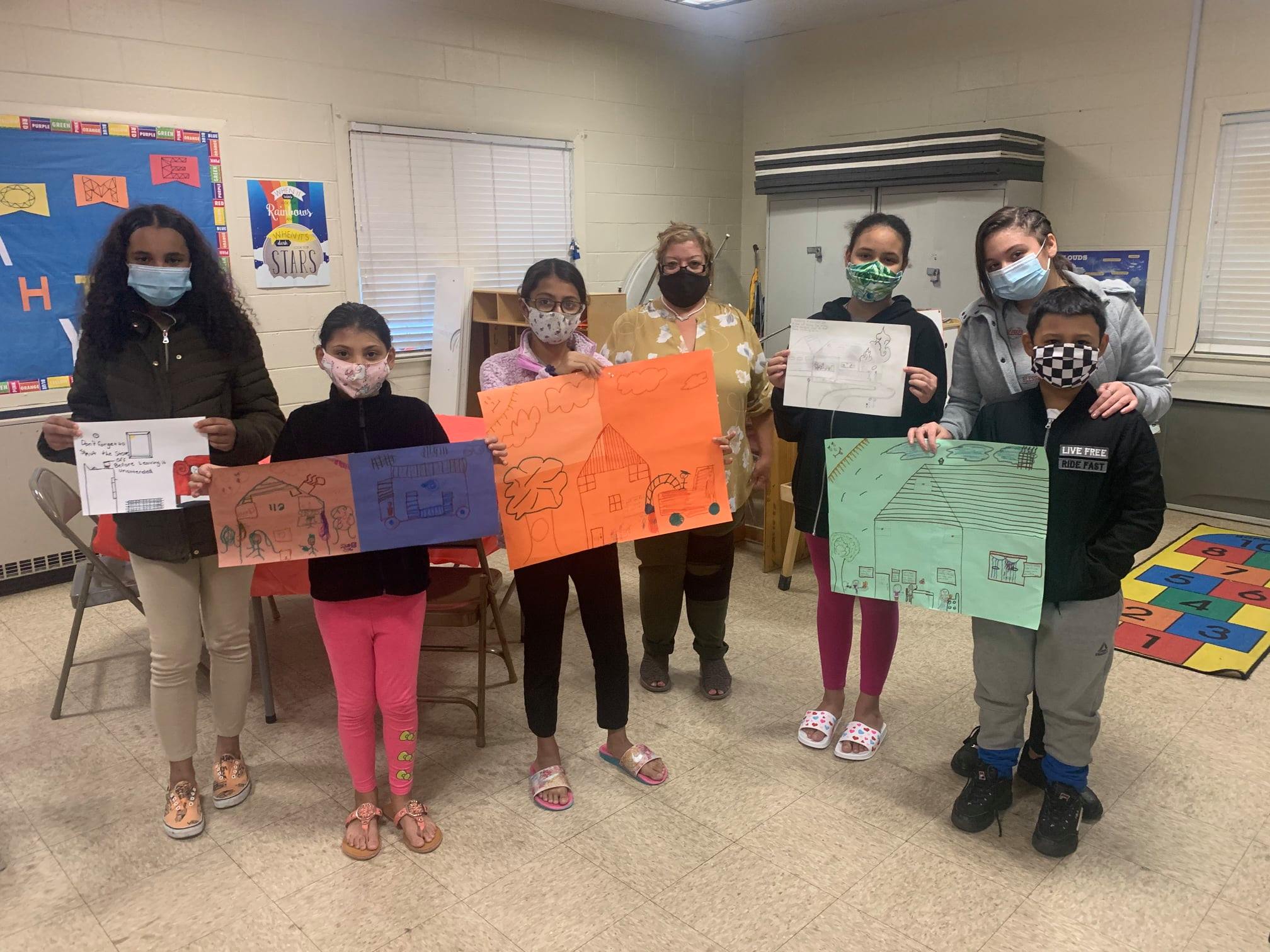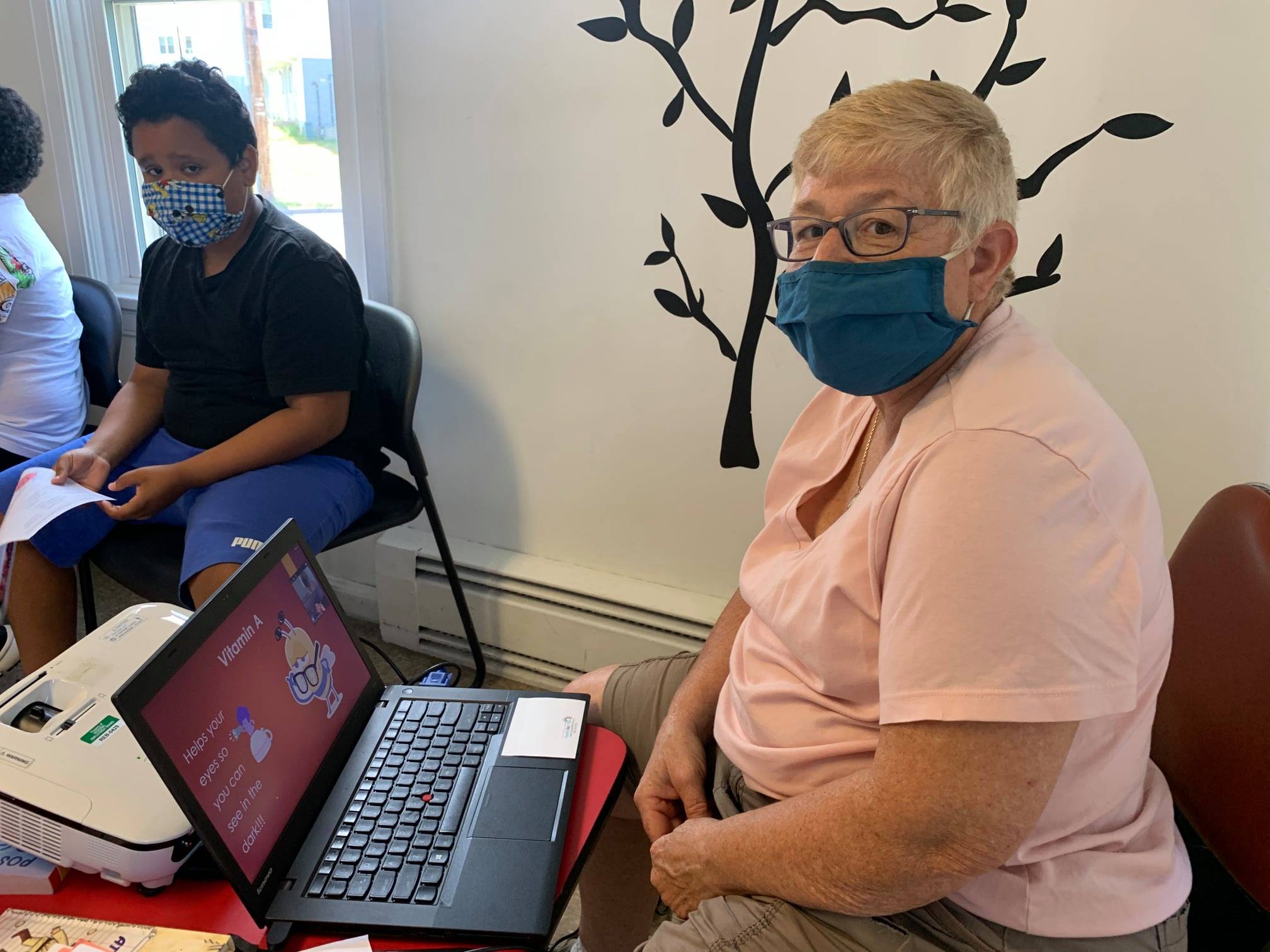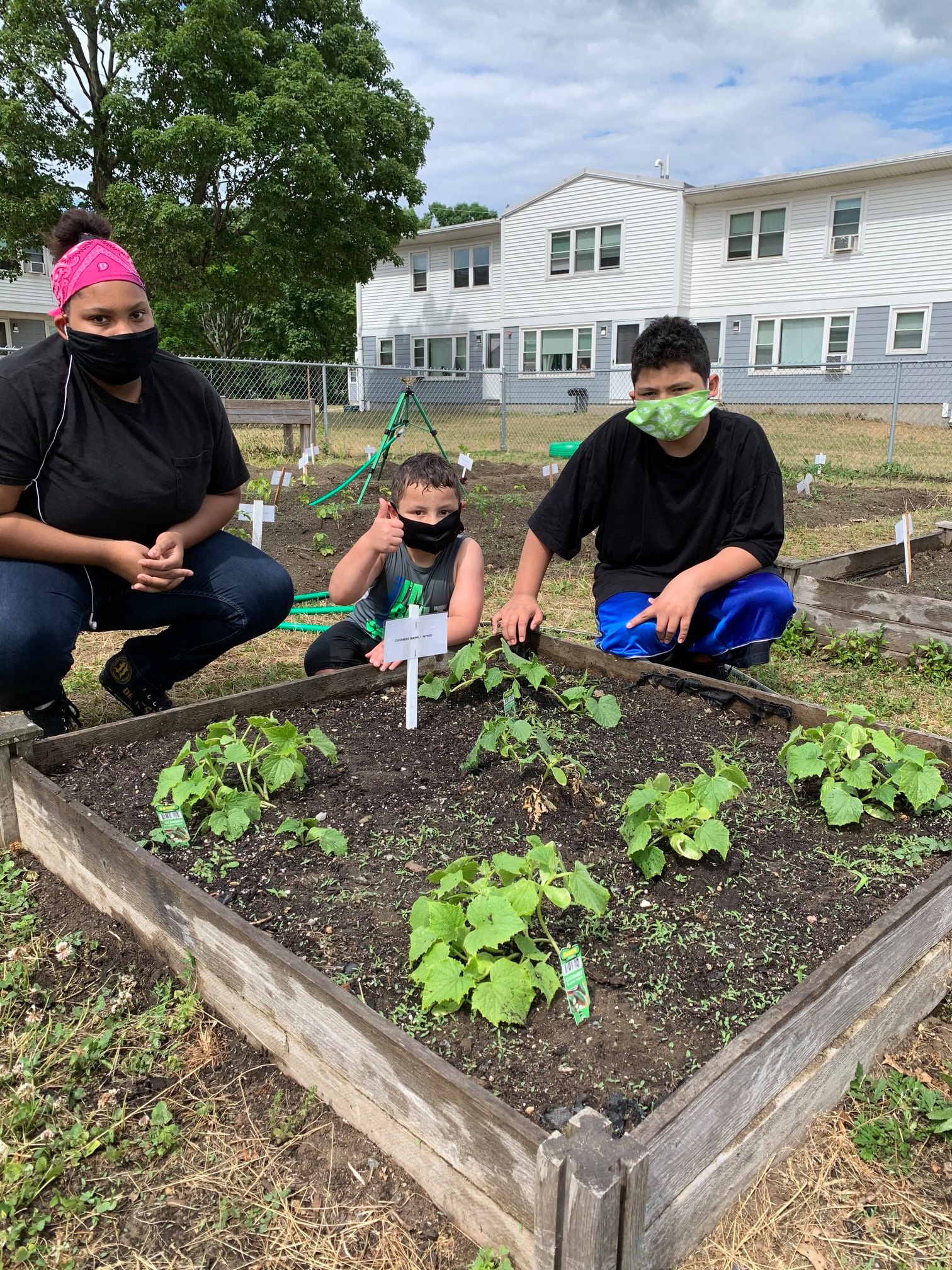2022 All-America City Finalist – Springfield, MA
Located in western Massachusetts, Springfield is one of the largest and most diverse communities throughout New England. Springfield continues to contend with challenges associated with deep poverty faced by thousands of people living in the city. City residents, who are likely to be underemployed or in low-paying jobs, confront not only poverty but racism, homelessness,  segregation and high rates of preventable health concerns.
segregation and high rates of preventable health concerns.
In the face of these adversities, heightened by the COVID-19 pandemic, Reading Success by 4th Grade has continued to organize and lead citywide efforts that focus on young children’s success. In collaboration with the Springfield Housing Authority (SHA) and its program Talk/Read/Succeed (T/R/S), Reading Success by 4th Grade has sought to combat the most pressing issues faced by impoverished families in Springfield by extending access to the technology necessary for virtual learning and by integrating familial networks into children’s learning efforts.
Technology Access
 Remote learning during COVID-19 school closures increased awareness of existing disparities in access to technology such as computers and internet access, with impoverished children less likely to have the resources necessary to connect to online school. To combat these issues, SHA helped distribute computers, expand Wi-Fi access through hotspots and assist with online bill payments. When issues arose with technical glitches and challenges for students to remain motivated during virtual learning, T/R/S staff stepped in to provide encouragement and friendly support for both children and families. T/R/S helped students identify and create special spaces in their homes where they could participate in school, and if not possible, T/R/S helped connect children and families to alternative learning spaces in local partner sites, including the Greater Springfield YMCA and other community partners.
Remote learning during COVID-19 school closures increased awareness of existing disparities in access to technology such as computers and internet access, with impoverished children less likely to have the resources necessary to connect to online school. To combat these issues, SHA helped distribute computers, expand Wi-Fi access through hotspots and assist with online bill payments. When issues arose with technical glitches and challenges for students to remain motivated during virtual learning, T/R/S staff stepped in to provide encouragement and friendly support for both children and families. T/R/S helped students identify and create special spaces in their homes where they could participate in school, and if not possible, T/R/S helped connect children and families to alternative learning spaces in local partner sites, including the Greater Springfield YMCA and other community partners.
Familial Connections
 Through collaboration with T/R/S and SHA, Reading Success by 4th Grade seeks to connect impoverished families to supports necessary to assist in their children’s education. Outreach workers at T/R/S visited every young family living in affordable housing multiple times during the pandemic, learning the unique needs each family faces and delivering resources, assisting with online learning, and helping families complete preschool registrations. These efforts have been critical in improving preschool readiness and early school success. Along with these efforts, SHA partner organization Head Start played a critical role meeting basic needs that impoverished families struggle to access. Some of the basic services offered are day care, preschool and child care for school-age children, along with the provision of educational, nutritional, health and other social services. Head Start also supports parents and caregivers through nutrition, mental health, parenting, relationship and financial education programs. These initiatives combat various problems that contribute to poverty and the educational delays that impoverished children face, seeking to ensure familial wellness and to empower families and caregivers with the resources they need to support their children with school readiness and early school success.
Through collaboration with T/R/S and SHA, Reading Success by 4th Grade seeks to connect impoverished families to supports necessary to assist in their children’s education. Outreach workers at T/R/S visited every young family living in affordable housing multiple times during the pandemic, learning the unique needs each family faces and delivering resources, assisting with online learning, and helping families complete preschool registrations. These efforts have been critical in improving preschool readiness and early school success. Along with these efforts, SHA partner organization Head Start played a critical role meeting basic needs that impoverished families struggle to access. Some of the basic services offered are day care, preschool and child care for school-age children, along with the provision of educational, nutritional, health and other social services. Head Start also supports parents and caregivers through nutrition, mental health, parenting, relationship and financial education programs. These initiatives combat various problems that contribute to poverty and the educational delays that impoverished children face, seeking to ensure familial wellness and to empower families and caregivers with the resources they need to support their children with school readiness and early school success.
Some Related Posts
Thank You to Our Key Partners



